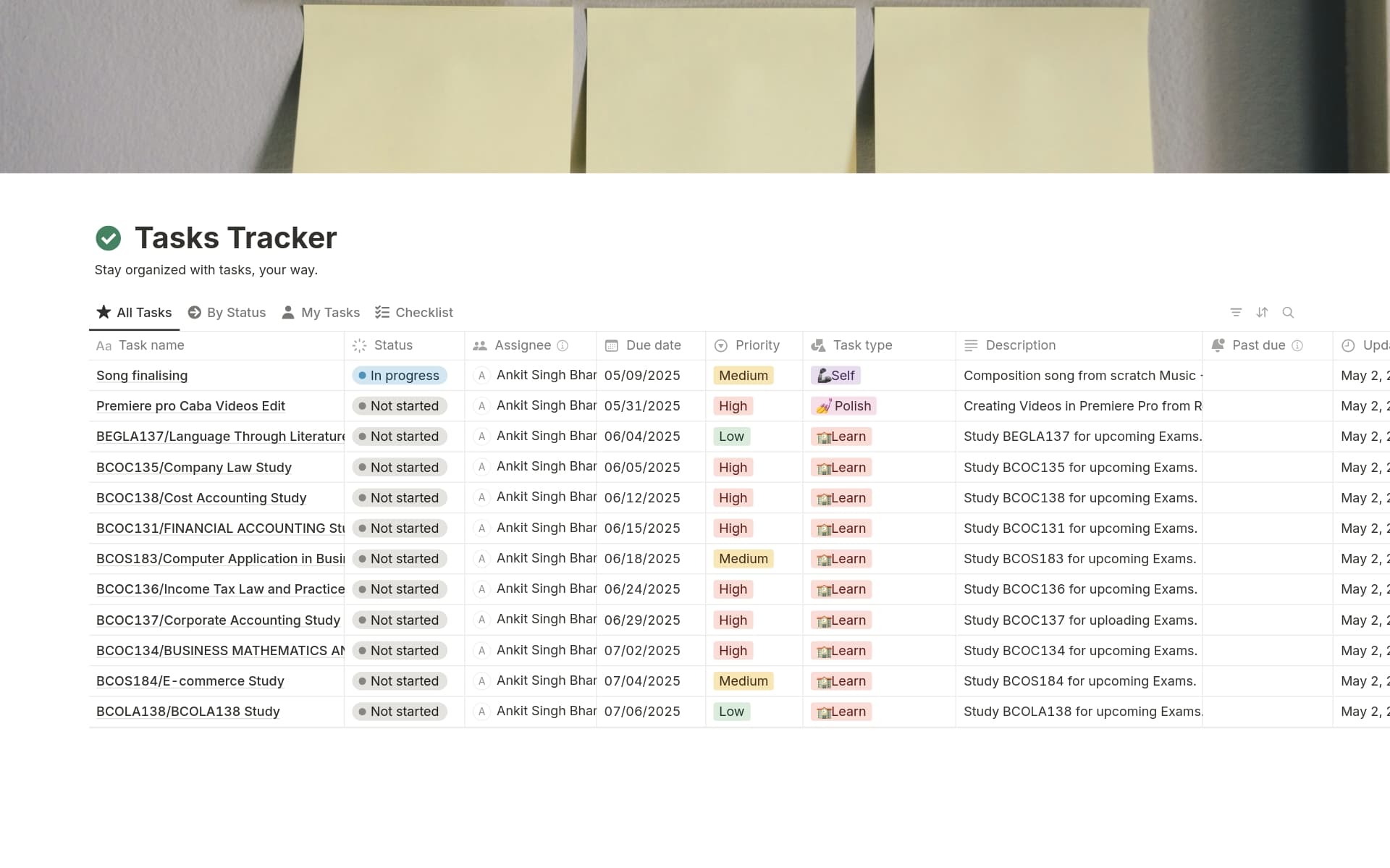Milestone tracking is crucial for setting clear goals and monitoring progress towards achieving them. It helps in breaking down complex projects into manageable tasks, ensuring that each step is completed on time. A Milestone Tracking template in Notion can streamline this process by providing a structured framework to visualize your goals, track your achievements, and stay motivated throughout your journey.
Before you dive into creating your own Milestone Tracking system, take a look at these Milestone Tracking Notion templates to simplify the process and get a head start on organizing your milestones effectively.
What Should Milestone Tracking Templates Include?
Choosing the right Milestone Tracking Template in Notion can streamline project management and ensure you stay on top of your goals. Here are key components to look for:
Clear Milestones: The template should distinctly outline each milestone, making it easy to see at a glance what needs to be achieved and by when.
Progress Indicators: Effective templates include visual or textual indicators that show the progress of each milestone, helping you gauge how far along the project is.
Dependencies: It's important that the template can link related tasks and show dependencies to avoid bottlenecks and ensure smooth progression.
Notes and Documentation: There should be a section for notes or attached documents for each milestone, allowing for detailed explanations and resource links.
With these components, a Milestone Tracking Template becomes a powerful tool for managing projects efficiently and effectively.
What Should Milestone Tracking Templates Avoid?
Choosing the right Milestone Tracking Template in Notion can streamline your project management process. However, it's important to be aware of certain features that can complicate or hinder your progress.
Overly Complex Layouts: Templates with too many sections or intricate designs can make it difficult to quickly update or find important information.
Non-Customizable Elements: Avoid templates that don't allow you to modify fields and statuses. Flexibility is key to adapting the template to your specific project needs.
Lack of Integration Features: Templates should support integration with other tools or platforms you're using. Lack of this feature can lead to manual updates, increasing the risk of errors.
Choosing a template that avoids these pitfalls will ensure a smoother, more efficient milestone tracking experience, enhancing overall project clarity and execution.




